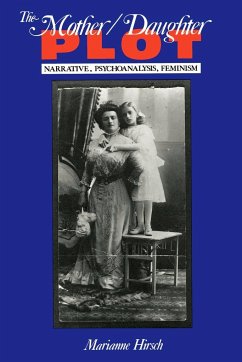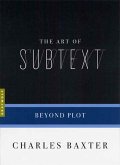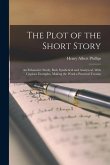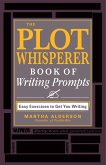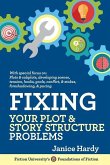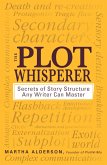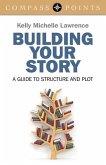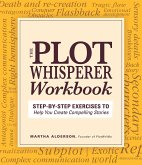Maternal repression is at the basis of the nineteenth-century realist novel. Only with modernism does the mother become a central figure-both celebrated and ambivalent -in daughter-artist's text and family romance. For modernist heroines, psychoanalytic theories of femininity of the 1920s and the 1930s, as well as the novels of Woolf, Colette, and Wharton, show painful oscillations and contradictions between maternal and paternal identifications. Hirsch argues that fictional and theoretical feminist writing still situates itself at uncomfortable distance from the maternal: the concrete stories of mothers are still unspeakable or as Alice Walker says, 'cruel enough to stop the blood.' They point to a feminist discourse of identity which begins with mothers and thereby reframes our conception of self, family, and plot.
Bitte wählen Sie Ihr Anliegen aus.
Rechnungen
Retourenschein anfordern
Bestellstatus
Storno

